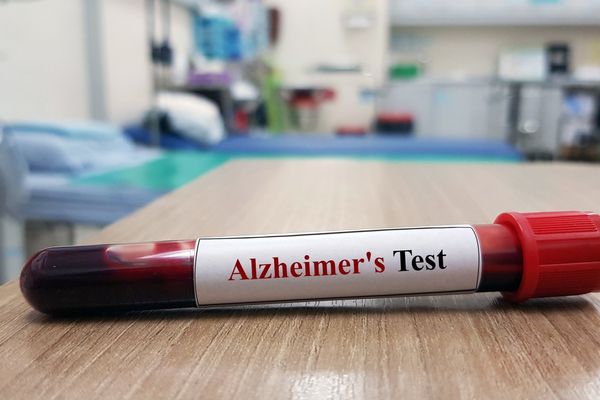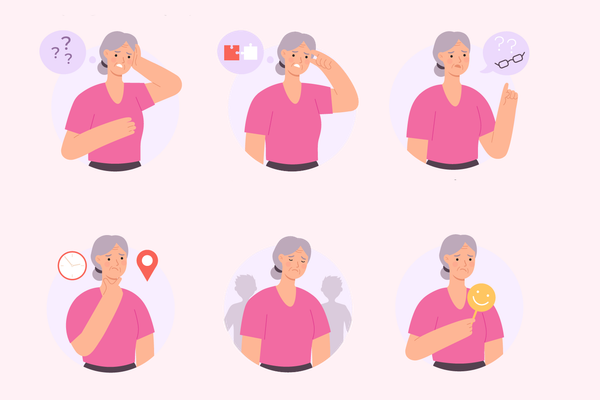Director, Center for Alzheimer's Care, Imaging and Research
Professor, Department of Neurology
Chief, Division of Cognitive Neurology
University of Utah School of Medicine
Senior Investigator, The Brain Institute at the University of Utah
Salt Lake City, UT
Dr. Norman Foster is a board-certified geriatric neurologist who has specialized in brain imaging and dementing and neurodegenerative diseases for over 30 years. Following a fellowship at the National Institutes of Health, he joined the faculty of the University of Michigan where he rose to the rank of professor. In 2005, Dr. Foster’s passion for improving Alzheimer's care brought him to the University of Utah, where he helped establish the first academic program in the Mountain West region devoted to caring for Alzheimer's disease and related disorders—the Center for Alzheimer's Care, Imaging and Research (CACIR). CACIR also developed the University of Utah Cognitive Disorders Clinic and the Brain Health Learning Center, the first cognitive specialty clinic in the Mountain West region. This transdisciplinary, multispecialty clinic has become a model for integrating the latest advanced technology and family support with definitive cognitive evaluations and state-of-the art disease management.
Dr. Foster has received multiple grants from the National Institutes of Health, the Veterans Administration, the pharmaceutical industry, and private foundations. He has published more than 160 papers in peer-reviewed journals.
Dr. Foster’s clinical interests are reflected in his research that has included the study of a broad spectrum of neurodegenerative diseases, including Alzheimer’s disease, frontotemporal dementia, and particularly atypical, rapidly progressive, early-onset, focal, or familial Alzheimer’s disease.
Dr. Foster now exclusively conducts clinical research and provides consultation and mentorship to trainees. He is a site investigator for Alzheimer’s disease pharmaceutical drug trials and has focused on the use of positron emission tomography to better understand dementing disorders and improve diagnosis and treatment. He currently is involved in quality of care and pragmatic studies.
Dr. Foster is co-founder and CEO of ProActive Memory Services, Inc., a University of Utah spin-out company that is developing mobile software applications for family and professional dementia caregivers.







